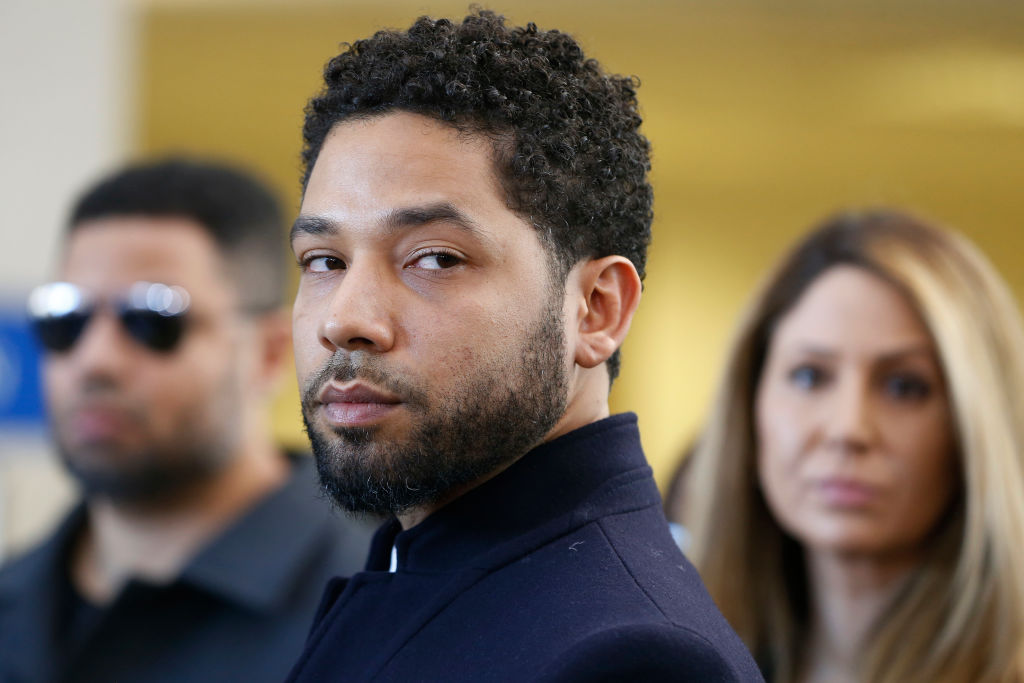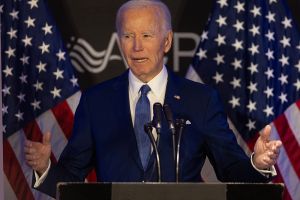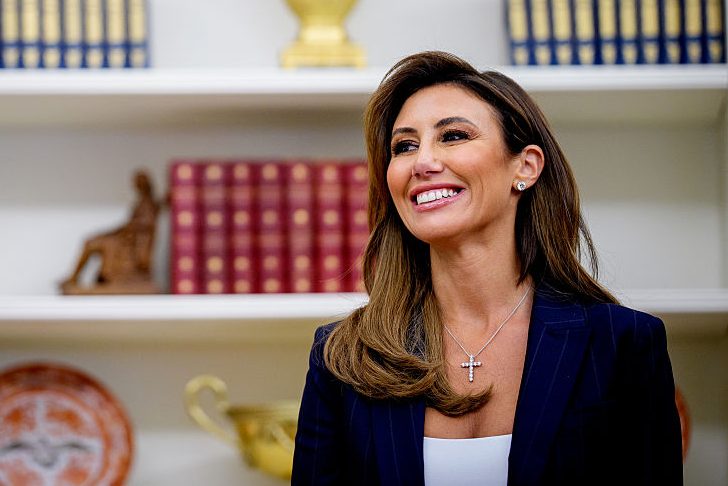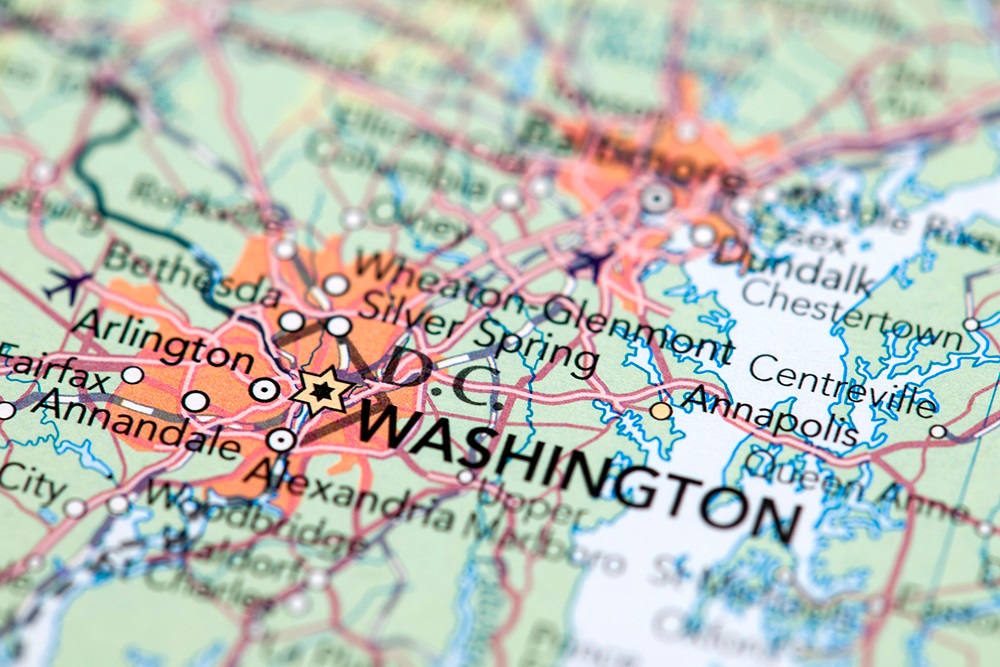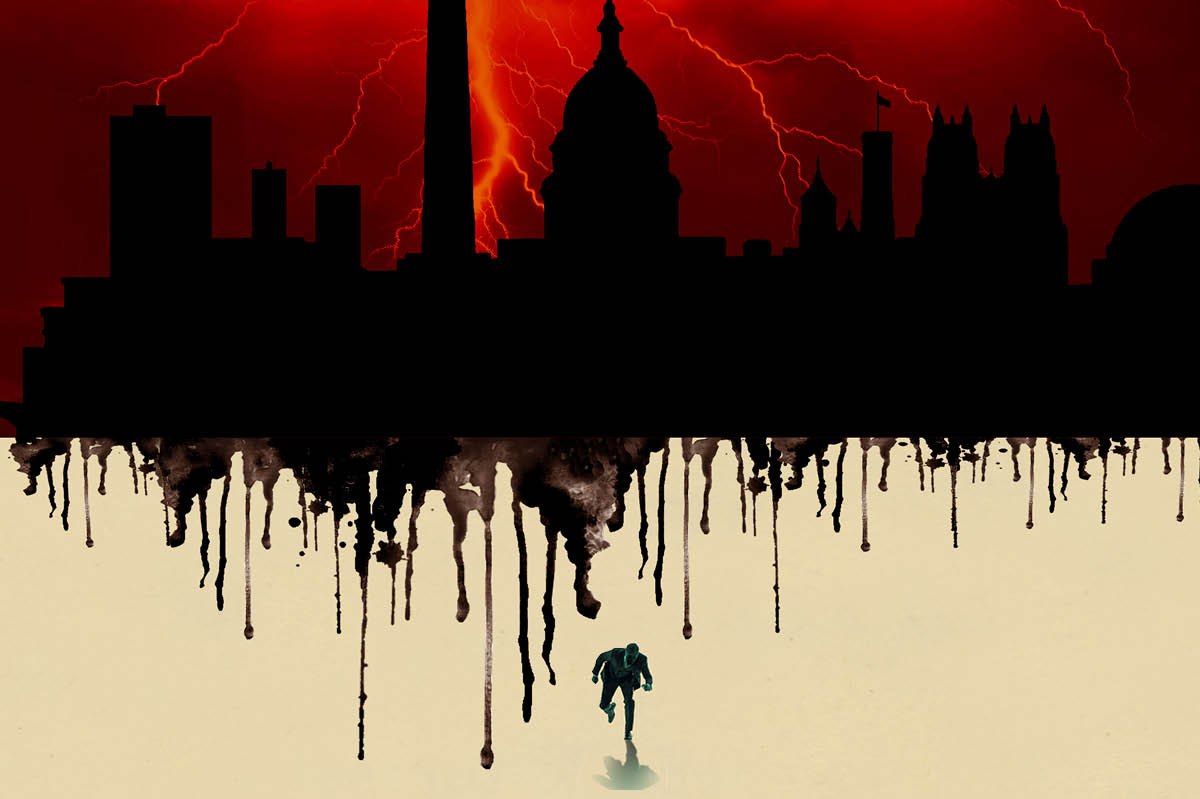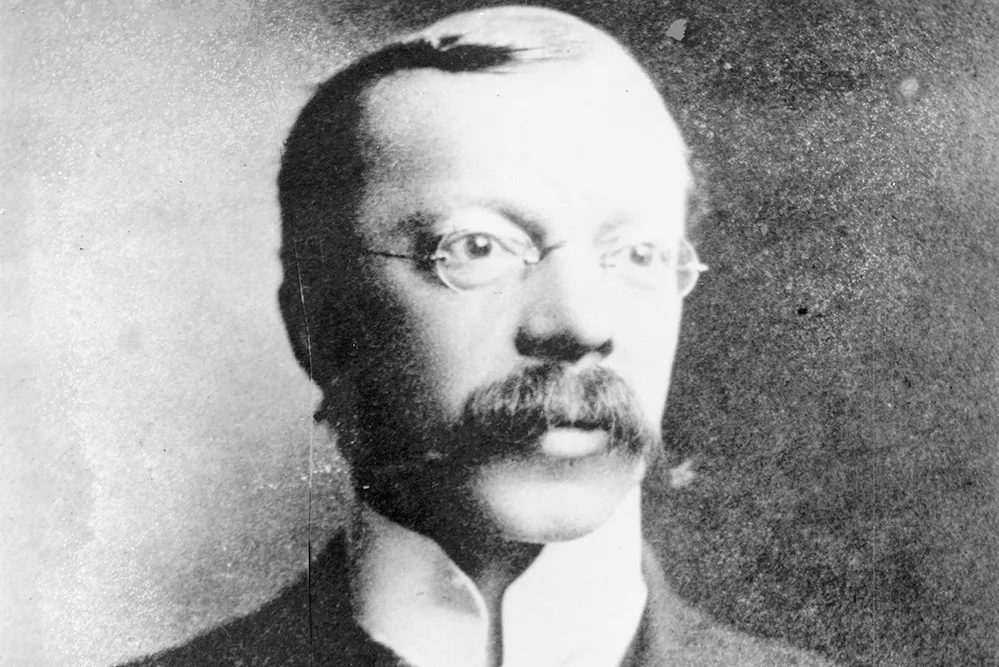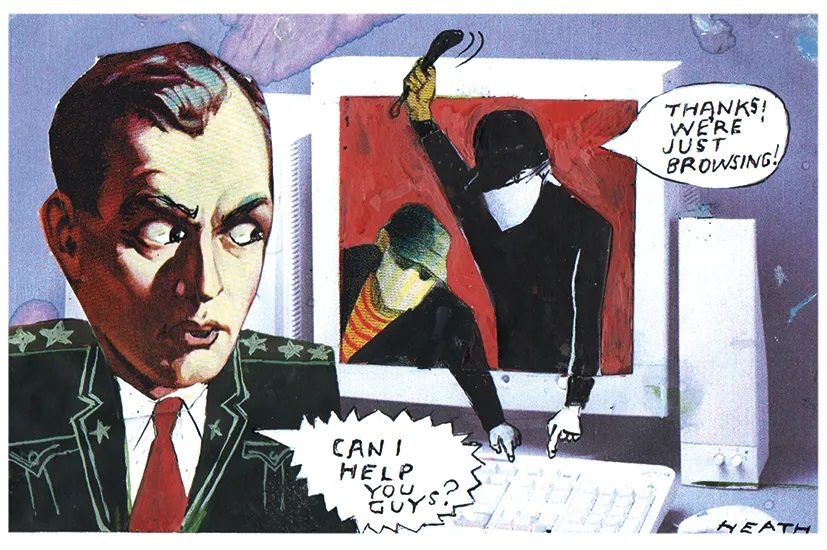There are many details and facts in the Jussie Smollett saga that we don’t yet know. And because the Cook County State’s Attorney announced today that they are dropping the charges against the actor, there’s a good chance that we never will.
But there are some things we do know:
Smollett had originally told the police that he was a victim of what clearly sounded like a hate crime. Per his story, two people attacked him, yelled homophobic and racist sentiments, screamed ‘this is MAGA country,’ and even tied a noose around his neck.
After weeks of investigation, Chicago police determined that Smollett had in fact hired two acquaintances to stage the attack and was a victim of nothing besides his own misguided agenda. The police said they had the $3,500 check the actor used to pay his two ‘attackers,’ and Smollett was subsequently indicted on 16 felony counts. Briefing reporters, police superintendent Eddie Johnson explained that ‘bogus police reports cause real harm. They do harm to every legitimate victim who is need of support by police, investigators, as well as the citizens of this city.’
In the interim, the Twittersphere blew up, debating and dissecting every inch of the case. Today, those conversations have returned, with the news that the State’s Attorney is dropping the case. Prosecutors announced that ‘after reviewing all of the facts and circumstances of the case, including Mr Smollett’s volunteer service in the community and agreement to forfeit his bond to the City of Chicago, we believe this outcome is a just disposition and appropriate resolution to this case.’
Smollett has maintained his innocence from the beginning, and reiterated it today to anyone who would listen, which, not incidentally, was a lot of people. But there is nothing in the prosecutors’ statement that actually points to Smollett’s innocence. Rather than exonerating him, their words suggest that in doing ‘volunteer service’ and forfeiting $10,000 to the city of Chicago, Smollett has somehow made amends for his actions and that there was therefore no need to do anything else.
In fact, the Assistant State’s Attorney, Joe Magats, was even more explicit. The New York Times’s Julie Bosman reported that Magats explicitly said ‘we didn’t exonerate him.’ Bosman also tweeted that Magats said ‘he saw no problems with the police investigation or the evidence against Smollett,’ and that ‘the charges against Smollett were dropped in return for his agreement to do community service… and for forfeiting his bond to the city of Chicago.’ Magats continues on to say that ‘we work to prioritize violent crime and the drivers of violent crime. Public safety is our number one priority. I don’t see Jussie Smollett as a threat to public safety.’
Further destroying the notion that prosecutors were exonerating Smollett, Magats said ‘we stand behind the investigation, we stand behind the decision to charge him and we stand behind the charges in the case. The mere fact that it was disposed of in an alternative manner does not mean that there were any problems or infirmities in the case or the evidence.’
Unfortunately, Smollett has been making the opposite case, and from even the quickest glance at any social media platform, it’s clear that plenty of people are listening. Prosecutors may not see Smollett himself as ‘a threat to public safety,’ but if he will inspire others to create their own hate crime hoaxes, that’s exactly what he is. Hate crimes happen every day. Sometimes to gay black men. Sometimes to Muslims. Sometimes to Jews. Hoaxes make real victims seem less believable, and they also unnecessarily exacerbate racial and political tension.
Charlie Del Mar of CBS Chicago reported that ‘Johnson is “furious.”’ I would be too. In a country obsessed with the hierarchy of oppression, it’s rare to see anyone call a black gay man privileged. But what else do you call a person who fakes a hate crime, gets off scot-free, and doesn’t even offer so much as an apology?
Daniella Greenbaum Davis is a Spectator columnist and a senior contributor to the Federalist.



